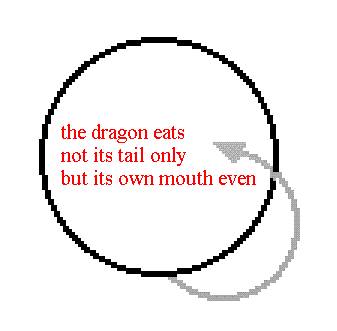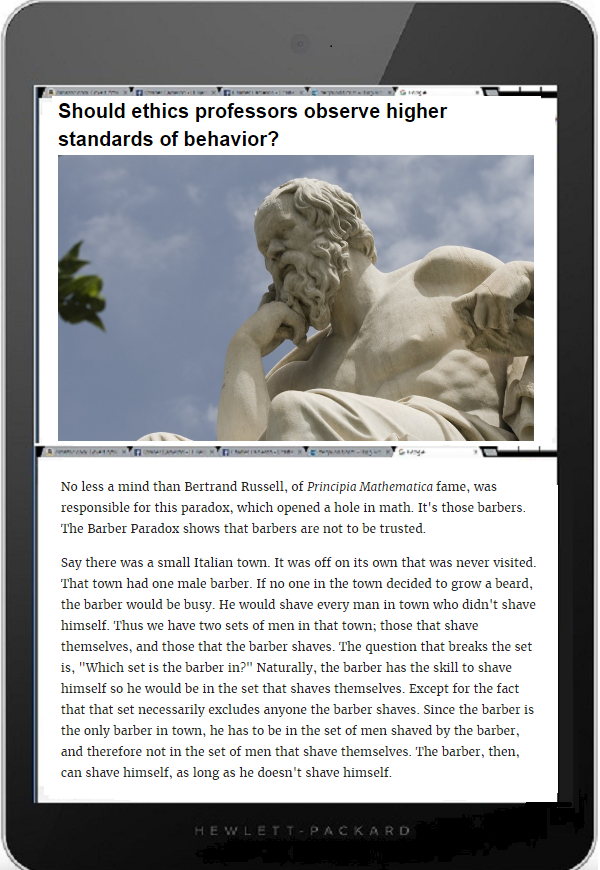[ by Charles Cameron — a voyage into nondualism via the coincidentia oppositorum ]
.
Here from Dr Emily Steiner may be the widest rigorous gap-bridging DoubleQuotes I’ve ever seen:
Kudos to Anthony Ervin for his gold!
I’m not entirely sure there’s gold leaf in the image Dr Steiner uses to represent medieval manuscripts, though it certainly works for the genre as a whole, and I think I detect some gold leaf in the hearts of the flowers depicted..
**
It would be foolish for me to claim to follow JL Usó-Doménech et al’s Paraconsistent Multivalued Logic and Coincidentia Oppositorum: Evaluation with Complex Numbers, but the general notions of Cardinal Nicholas of Cusa (Cusanus), “That in God opposites coincide” and “That God is beyond the coincidence of opposites” rae pretty basic (with appropriate variations) to Carl Jung‘s psychology — and to my own thinking.
Here, in Dr Steiner’s tweet, we have something that comes delightfully, playfully close to a coincidence of opposites. Indeed it is that possibility of evoking and annotating opposites in a manner than allows us to transcend them — as we could be said to transcend the two streams of vision in binocular vision, the two streams of hearing in stereophonic audition — that lies at the heart of my focus on DoubleQuoting.
**
If the “new atheists” were a little more widely read, they might find themselves perplexed by the trans-logical implications of a God described thus by Cusanus:
When we attempted to see Him beyond being and not-being, we were unable to understand how He could be visible. For He is beyond everything plural, beyond every limit and all unlimitedness; He is completely everywhere and not at all anywhere; He is of every form and of no form, alike; He is completely ineffable; in all things He is all things, in nothing He is nothing, and in Him all things and nothing are Himself; He is wholly and indivisibly present in any given thing (no matter how small) and, at the same time, is present in no thing at all.
That’s a far harder concept — if it can even be called a concept — to deal with than the “seven day creator” God that is their usual mark. And yet there is no great logical space between Cusanus’ “He is completely ineffable” and the Athanasian Creed‘s ” The Father incomprehensible, the Son incomprehensible, and the Holy Spirit incomprehensible .. The Father eternal, the Son eternal, and the Holy Spirit eternal .. And yet they are not three eternals but one eternal .. As also there are not three uncreated nor three incomprehensible, but one uncreated and one incomprehensible.”
Jasper Hoskins proposes [Jasper Hopkins, A concise introduction to the philosophy of Nicholas of Cusa] that in Cusanus’ view, “no finite mind can comprehend God, since finite minds cannot conceive of what it is like for God to be altogether undifferentiated.”
**
There’s an exchange in Cusanus’ Trialogus de possest (“On actualized-possibility”) in Hoskins’ op. cit.., that sets forth instructions for reading propositions about God — which also make interesting reading in terms of the flexibility ofmmind andimagination necessary for reading poetry, myth, and scriptures:
Bernard: I am uncertain whether in similar fashion we can fittingly say that God is sun or sky or man or any other such thing.
Card. Nicholas of Cusa: We must not insist upon the words. For example, suppose we say that God is sun. If, as is correct, we construe this [statement] as [a statement] about a sun which is actually all it is able to be, then we see clearly that this sun is not at all like the sensible sun. For while the sensible sun is in the East, it is not in any other part of the sky where it is able to be. [Moreover, none of the following statements are true of the sensible sun:] “It is maximal and minimal, alike, so that it is not able to be either greater or lesser”; “It is everywhere and anywhere, so that it is not able to be elsewhere than it is”; “It is all things, so that it is not able to be anything other than it is”— and so on. With all the other created things the case is simnilar. Hence is does not matter what name you give to God, provided that in the foregoing manner you mentally remove the limits with respect to its possible being.
We’re close here, to the zen notion of the finger pointing at the moon — except that here is is the moon pointing at what cannot even be located in either physical spacetime or conceptual space..
**
and that’s the touch of gold in the heart of all flowers..





